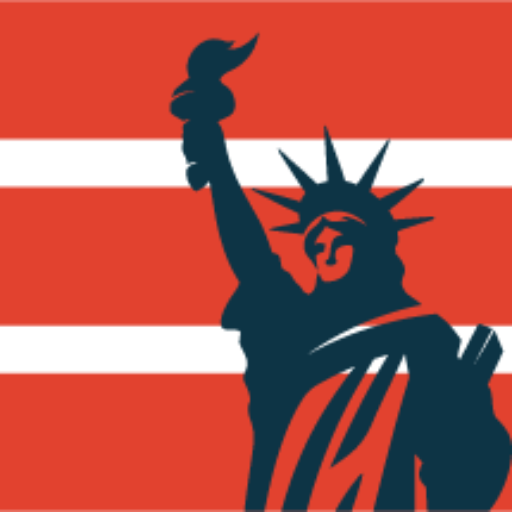
Bolivia is transitioning toward a presidential run-off between centrist candidate Rodrigo Paz and conservative contender Jorge “Tuto” Quiroga, signaling a significant political shift in the country’s governance after two decades marked by the Movement for Socialism (MAS). This development comes as the country’s electoral council reported early voting results on Sunday, which indicated Paz of the Christian Democratic Party (PDC) leading with 32.8 percent of the votes counted.
With over 91 percent of ballots tallied, Quiroga, representing the Alianza Libre coalition, followed closely with 26.4 percent. According to our sources at USA Zine, this means the political landscape is evolving, leading to a decisive run-off election scheduled for October 19. To avoid a second round, candidates needed to secure either a majority of over 50 percent or at least 40 percent of the total votes with a 10-point margin.
Lucia Newman, Al Jazeera’s Latin America editor, reported from Santa Cruz de la Sierra, asserting that these preliminary results confirm the MAS party, which has governed Bolivia since 2005, is now stepping back from the forefront of politics. Notably, Newman remarked that the emergence of Paz, who had ranked between fourth and fifth in earlier polls, underscores an intriguing shift, highlighting his comparatively more centrist stance relative to his father, Jaime Paz.
The election featured a diverse array of eight candidates ranging from far-right to far-left ideologies. Pre-election surveys had indicated that Samuel Doria Medina, a well-known businessman and former planning minister, was positioned as a potential frontrunner along with Quiroga. However, the political scene was notably impacted by the exclusion of former leftist leader Evo Morales from the race combined with the decision of outgoing socialist President Luis Arce to step aside.
Amid these political changes, Bolivia grapples with a severe economic crisis, characterized by a staggering annual inflation rate nearing 25 percent and significant shortages of essential goods, such as US dollars and fuel. In the lead-up to the election, citizens expressed their frustrations through protests over rising prices and prolonged wait times for basic commodities.
Historically, Bolivia experienced robust economic growth and significant advancements in Indigenous rights under Morales, whose government nationalized the gas industry and directed funding into social programs that successfully halved extreme poverty from 2006 to 2019. However, subsequent challenges, including a decline in gas revenues due to a lack of new projects and an under-explored lithium industry, have strained the country’s economy.
Official results from the election are expected to be released within the week, and alongside the presidential vote, all 26 senators and 130 deputies will be elected, with incoming officials set to assume office on November 8. As Bolivia navigates these challenges, the evolving political landscape may offer new opportunities for governance and economic recovery.
#PoliticsNews #WorldNews

